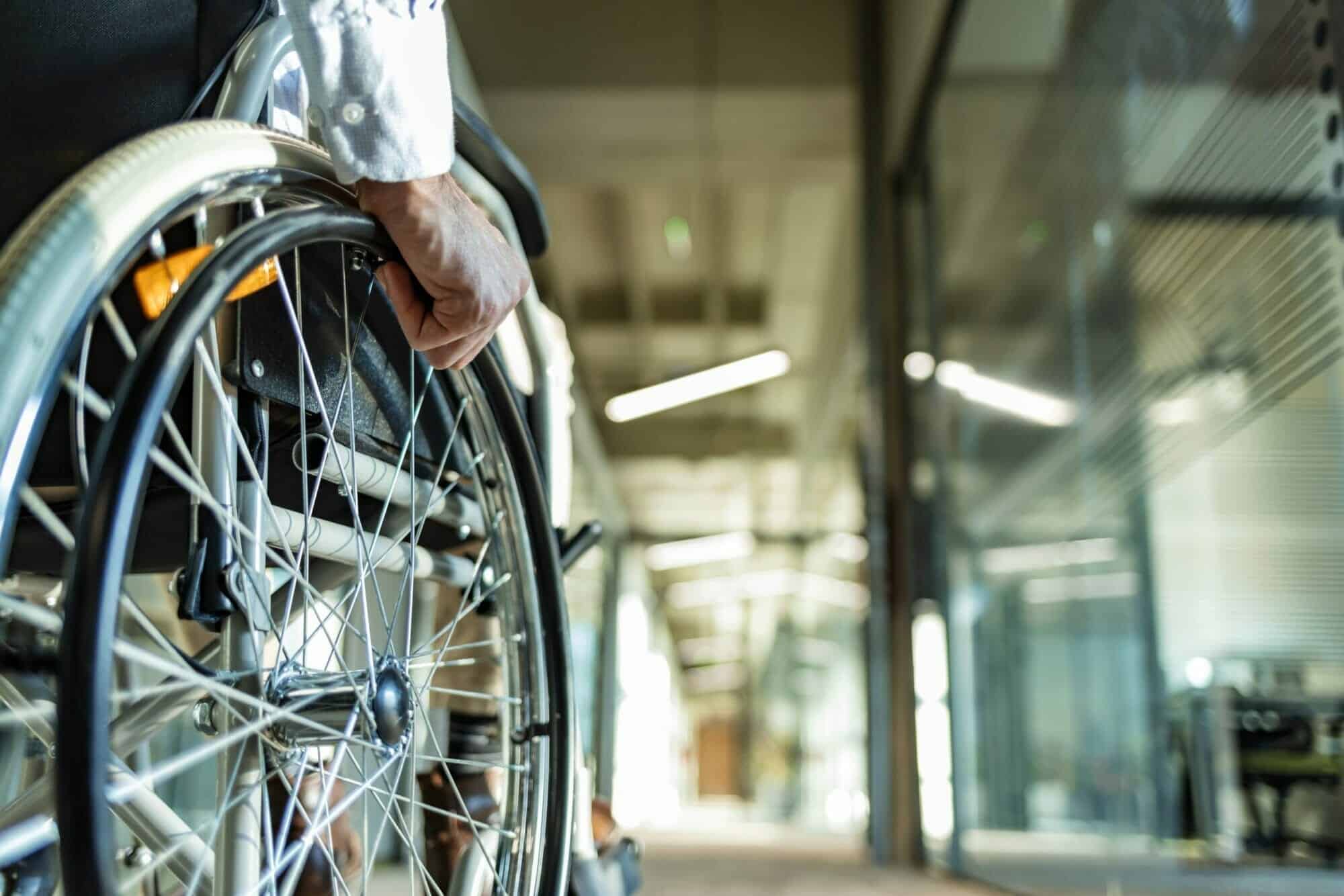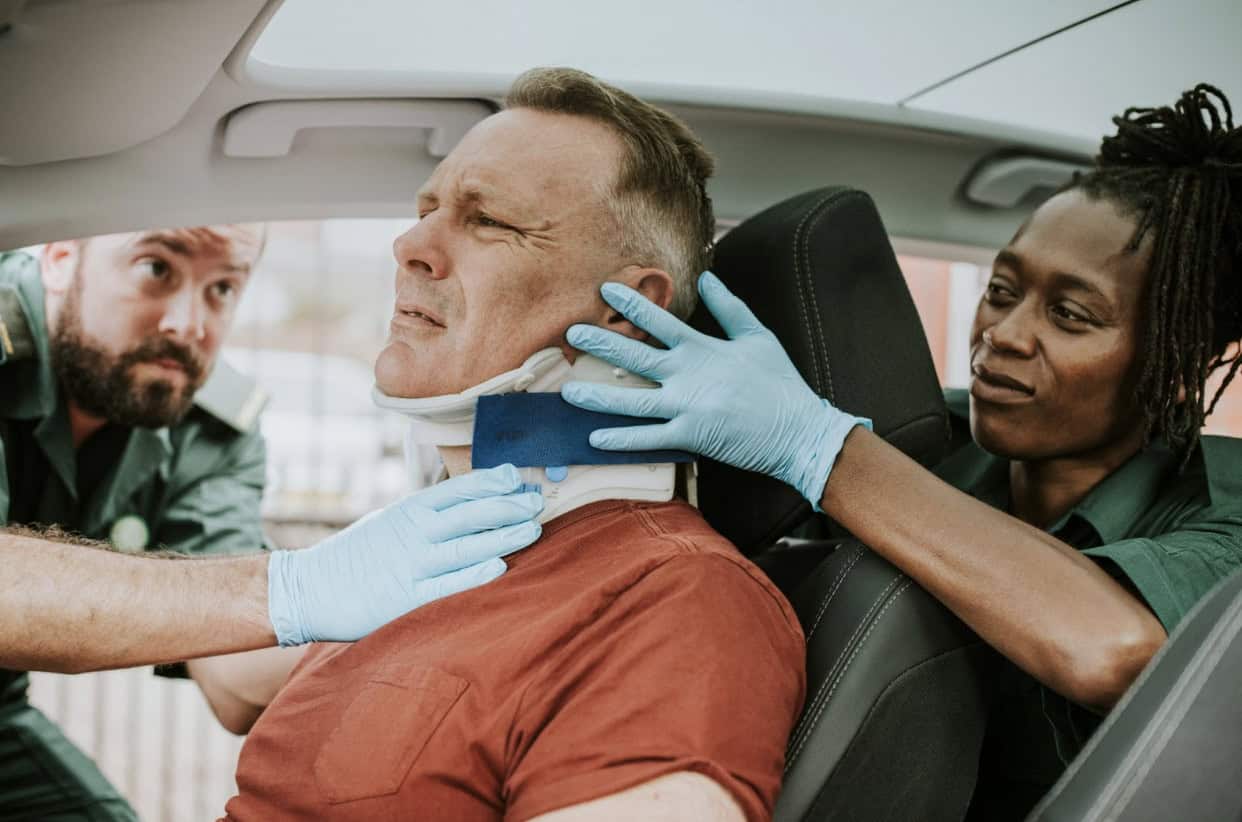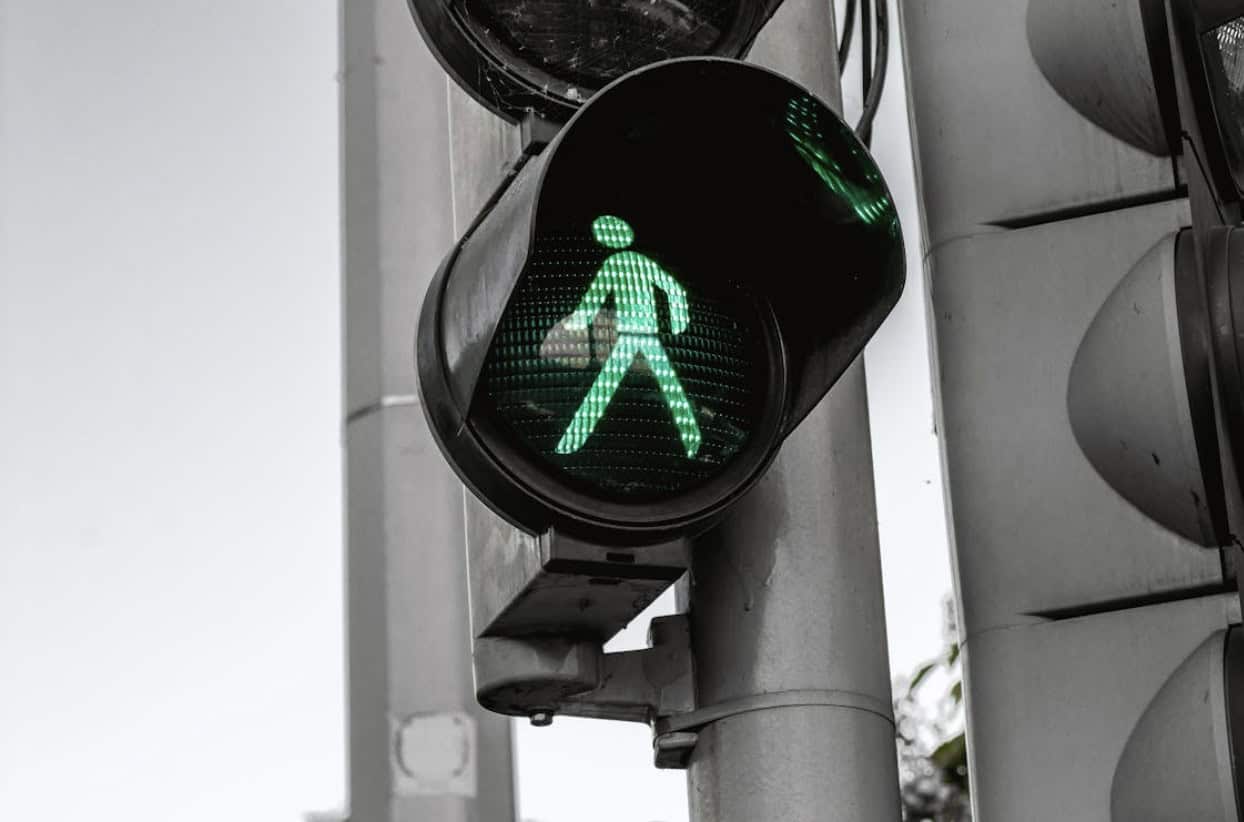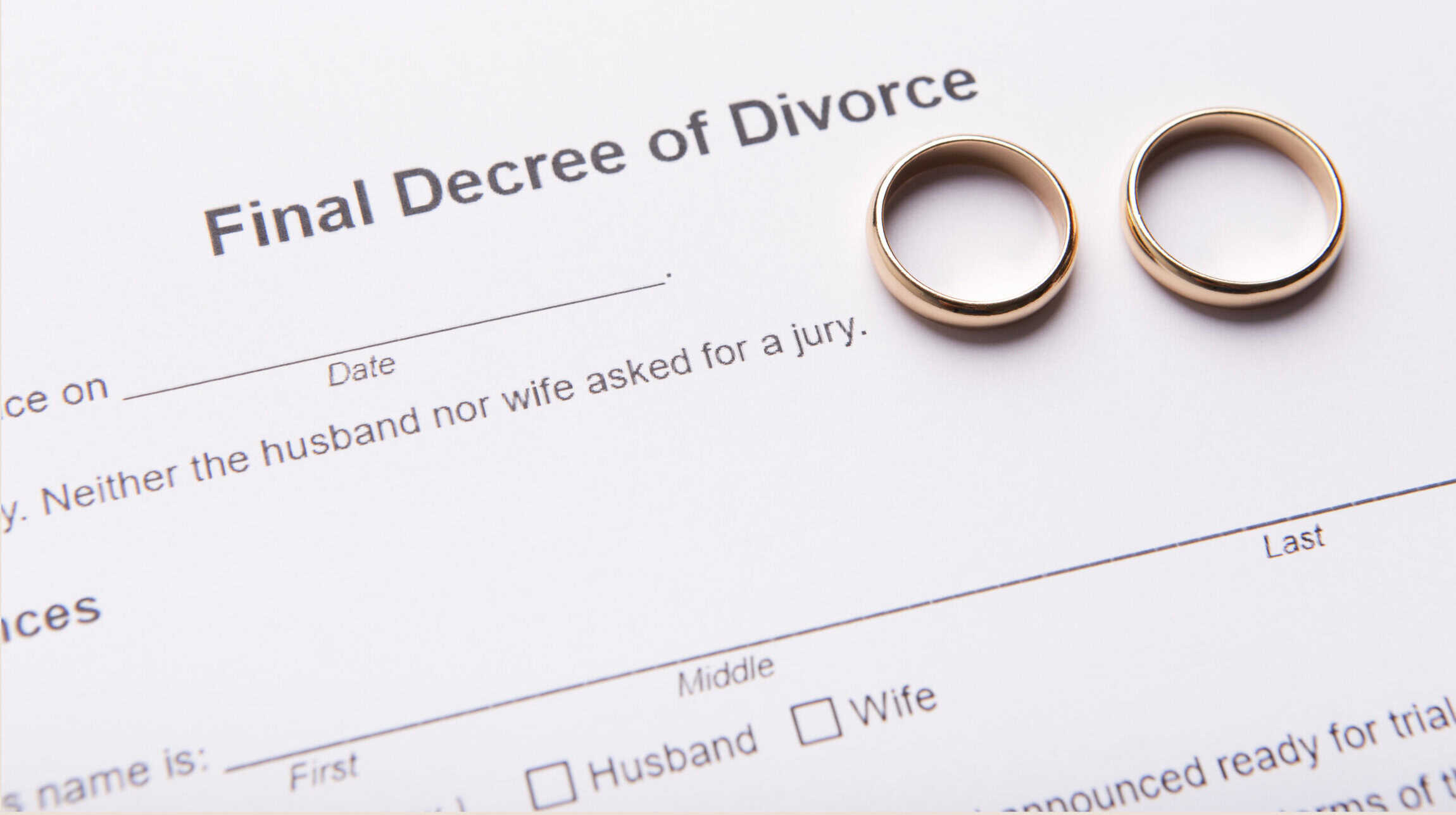If you receive an injury on the job, the Virginia Workers’ Compensation Act provides specific benefits. If you recover and can still work, but the accident caused a permanent disability due to loss of a body part or other specific reasons, the payments may include permanent partial disability benefits. The provisions of the Act specify the requirements and amount of compensation for PPD benefits.
What Is a Permanent Partial Disability for Workers’ Compensation?
Section 503 of the Virginia Workers’ Compensation Act addresses compensation for permanent partial loss and disfigurement. Subsection B lists the compensation periods for partial loss of individual body parts (fingers, toes, hands, arms, legs, and feet), as well as partial loss of vision or hearing, severe disfigurement, and two types of lung disease.
The amount of compensation is stated as 66-2/3 percent of the average weekly wage (as defined in the Act), subject to maximums and minimums stated elsewhere in the law. The stated compensation periods are up to 300 weeks, but compensation varies for the body part affected and the extent of the disability.
Under the Act provisions, a permanent partial disability occurs when an injured worker can still perform work, despite a permanent disability to a body part caused by the accident. Compensation is proportionate, according to the extent of the loss of use. Benefits are paid after payments for temporary total incapacity or simultaneous with payments for partial incapacity. PPD benefits are in addition to benefits for continuing medical treatment. The amount paid for PPD is deducted from the 500-week wage-loss benefit total.
When Can You Get PPD Benefits?
Benefits for a permanent injury are not awarded until the injured employee reaches Maximum Medical Improvement, as determined by the treating physician. MMI is the point at which there is no reasonable expectation of further functional improvement, even with additional medical treatment. However, that does not mean you should wait until you reach MMI to apply for permanent partial disability benefits.
Under Virginia law, you must file a claim for workers’ compensation benefits for a work injury within two years of the date of the work accident. If you were awarded medical benefits but not temporary total or temporary partial disability benefits, you have only three years after the date of your accident to file a claim for PPD. If you received wage loss payments in an award agreement, you have only three years after the date you last received wage loss benefits to file a claim for PPD.
Any claim for permanent partial or total disability is legally and factually complex. Talking with an experienced workers’ compensation lawyer is strongly recommended, as soon as you have reason to believe that you may have a permanent injury that affects your benefits. Insurance companies often deny or resist a claim for permanent disability, which is one important reason why representation by a lawyer is essential for any claim involving a permanent injury.
A permanent injury resulting from a work accident must be supported by medical evidence. In some cases, in addition to reaching MMI, the worker may need to undergo a Functional Capacity Evaluation and obtain a disability rating, which reflects the percentage of lost function or incapacity. Either your treating physician or the insurance company may request an FCE. In most cases, the injured worker cannot decline an FCE request.
The insurance company also may request an Independent Medical Examination in connection with a claim for permanent partial disability benefits. If the insurer requests an IME (which they are entitled to do under the Act, with limitations), an injured worker should immediately contact a workers’ compensation lawyer if they do not already have one. A request for an IME is an indication that the insurance company does not agree with other medical determinations about the injury and likely wants to dispute and deny the claim.
Getting Help with Workers’ Compensation for a Permanent Work Injury
Every workers’ compensation claim involves application of the complicated provisions of the Act to the specific circumstances of the worker’s injury. Medical documentation is important in any claim, but it is particularly important when a worker suffers any type of permanent work injury. Without assistance from an experienced workers’ compensation lawyer, an injured worker may end up with the insurer unfairly denying a claim.
Workers’ compensation insurance companies deny claims for many different reasons. The more complex a claim is, the more likely the insurer is to try to find a reason to dispute or deny the claim. Claims for permanent injuries are often complicated from both a legal standpoint and from an evidentiary standpoint. The insurance companies have many strategies to use in trying to avoid liability for these types of claims.
When you receive a work injury, you are legally entitled to specific benefits under the Workers’ Compensation Act. The only way to ensure that you receive all the benefits you deserve is to discuss your case with a knowledgeable Virginia workers’ compensation attorney.
Schedule a Free Consultation with a Virginia Workers’ Compensation Attorney
If you receive an injury on the job, it’s important to ensure that you receive the maximum benefits available under Virginia workers’ compensation law. You can count on our experienced workers’ compensation attorneys to make certain that you receive the full amount you deserve, including compensation for permanent injuries. We welcome you to contact us for a free consultation.






